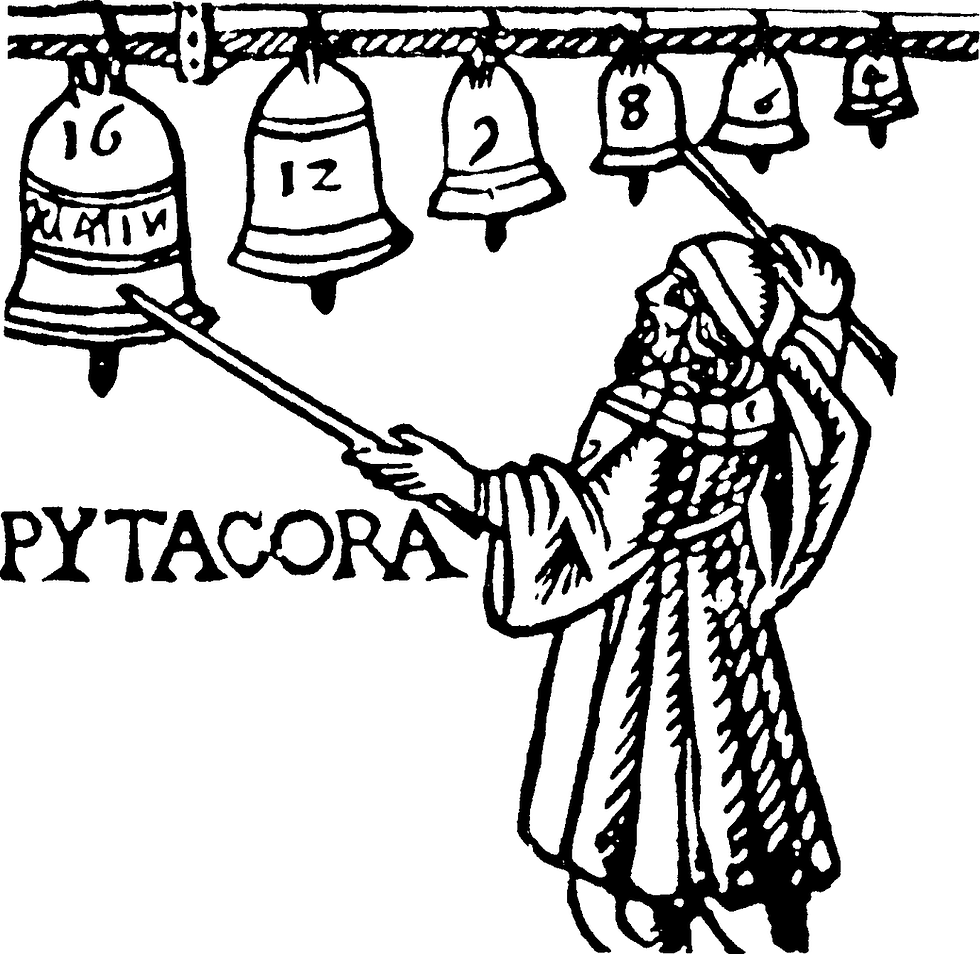Plato's Cave, Objective Reality and Morality
- Peter Critchley
- Sep 22, 2010
- 3 min read
Updated: Dec 31, 2020
Plato's Cave
A talk from Liverpool, UK, 2010

OBJECTIVE REALITY AND ABSOLUTE MORALITY
Nietzsche refers to the ‘death of God’ as a tragedy. The collapse of an absolute foundation for morality means that we must, in some way, become gods ourselves. Humankind should only have such powers that it can creatively live up to.
Mary Warnock argues that we don’t need God to determine morality but that we can determine our morality in relation to society. It’s hard to see how we can avoid relativism or historicism. Which ‘society’? Society changes according to time and place. The values of society in Nazi Germany may well not be the most moral.
By arguing that we get morality from society there is a danger of identifying morality with the particulars of time and place, a political ideology, party or state, a social movement.
We need the absolute conception to avoid the relativism that comes from attaching morality to particulars, giving us a code that transcends the particular and enables us to identify our particular interests with a greater purpose.
There are ways we can find a social foundation for morality. Biologists refer to reciprocal altruism, behavioural norms within the group. Aristotle defines wo/man as a zoon politikon, a social animal, who can individuate himself/herself only in relation to others in society, in politikon bion. This conception avoids the relativism of particular time and place by affirming a human essence that exists and unfolds itself as potentiality. Here, the universal is the universal human essence possessed by each and all on account of being human.
Kantian ethics also affirms the universal. The criterion for determining whether an action is moral or not is whether it is universalisable.
The universal here is simply another aspect of the absolute conception. You don’t have to call it God. But it is the same absolute conception that embraces each and all equally.
Plato’s cave
The manipulation of images – the puppeteers are the rulers, the makers of images, the demos as the makers of the real world.
The question of who illusions becomes the question of who shapes the illusions.
The puppeteers have the capacity to define the image and hence shape the reality.
The photograph – the use of light and dark to alter perceptions of the real.
Begs the question of what is permanent and what is transitory.
The punctum is the specific detail, the subjective experiences.
Our response to the photograph is governed by our own beliefs, expectations and values = subjective experience.
OR
Do we identify the ideal within the real, what is the ultimate and permanent truth as against transitory, passing detail.
The universal and the particular – but this begs the question as to who is defining the ship etc as the universal? The photograph itself is a manipulated image.
The photograph is a representation, a copy, a manipulated reflection.
The ideal within the real, the parts of reality that are the most important but which at the time people, wrapped up in their mundane affairs, took for granted as part of the background.
People don’t believe what they see, they only see what they believe.
The prisoner's in Plato's cave are the poor ordinary men, like me and you. Fortunately there are philosophers who are not happy with what they see or hear and they turn their heads and even try to get out from the cave to see the "real" world. Today the situation is even worse, there are some who control the fire, the projector of the images and finally what we see in order to control us (at least they try).
In the seventh book of "The Republic" the Greek philosopher Plato discusses our situation of the understanding of the world. In an allegoric view we live in a cave having our legs and necks chained so that we cannot turn around our heads and can see only before us. Above and behind us a fire is blazing at a distance, and between the fire and us there is a raised way; and we see a low wall built along the way, like the screen which marionette players have in front of them, over which they show their puppets. The situation is like in a movie theatre where we observe the shadow of objects on a wall using as a projector the light of a blazing fire. From these limitations we try our best to understand the world from the shadows of the objects.
We are the prisoners. Our rulers control us by shaping images. But this power of illusion is merely the illusion of power. We should be free. We emancipate ourselves by asserting our power to apprehend ultimate reality through the use of our innate concepts. We assert our power to make reality. Using innate concepts to grasp ultimate reality in the light of the sun.


